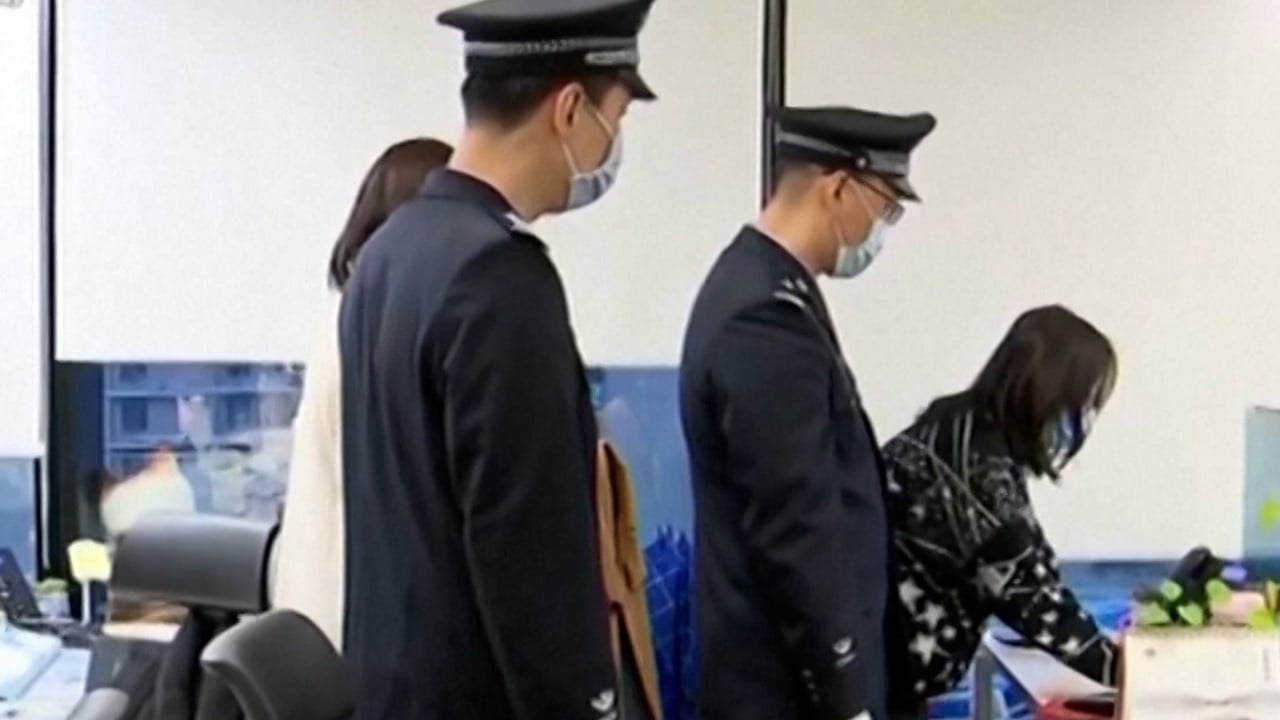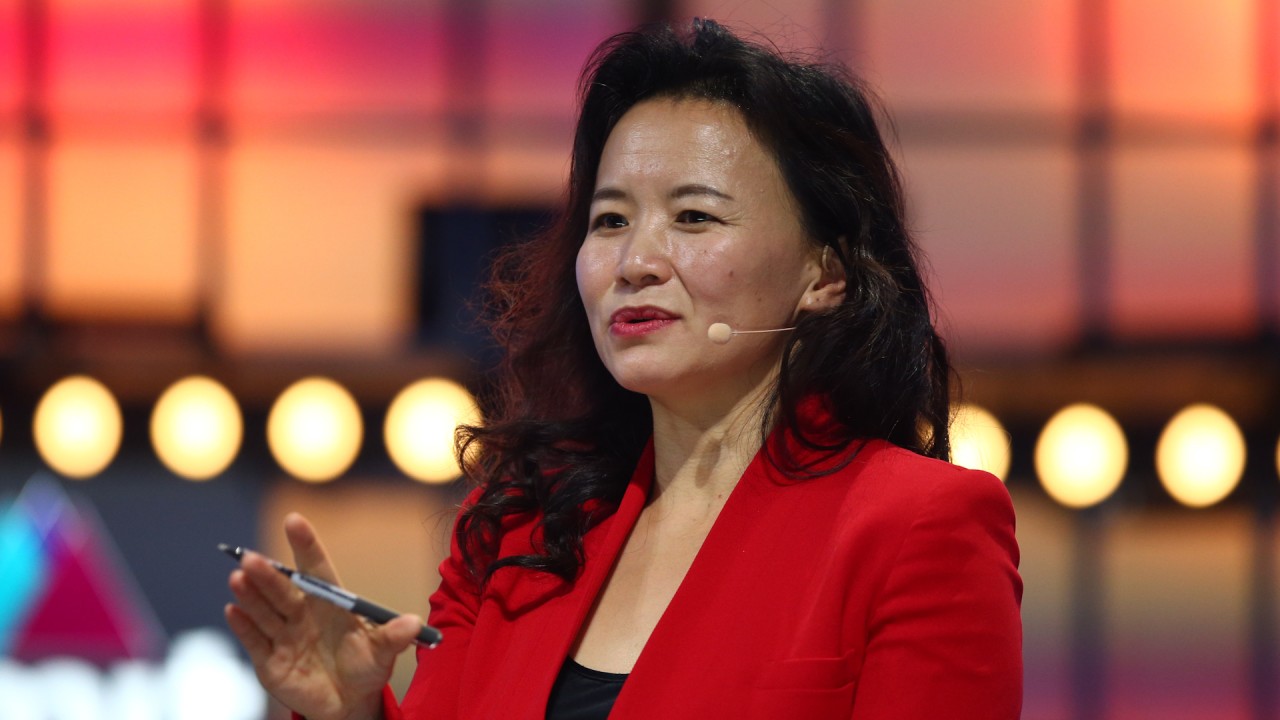
China needs to ‘proactively defend’ against spies, state security minister says
- Chen Yixin calls for big data, blockchain and AI to be used to tackle threats
- His remarks come soon after expanded anti-espionage law came into force
In April, China’s legislature voted to drastically overhaul its anti-spy law from 2014. The new counter-espionage law expands the definition of spying and investigative powers of the national security law enforcement agencies. It outlaws cyberattacks against government and secretive agencies, and obtaining documents, data and information “related to national security and interests” without permission.
“China’s development now stands at a new historical starting point,” Chen wrote in the Democracy and Legal System magazine run by the China Law Society, a government-controlled group that promotes the party’s ideology and concept of law.
“The external environment and security situation have changed significantly. All kinds of predictable and unpredictable risks and challenges, dangerous obstacles, and even ‘high winds and huge waves’ demand a higher standard for national security work.”
He said although counter-espionage operations must be proactive, they should be effective and not “blindly engage in a struggle against spying”. Chen also warned law enforcement not to abuse their powers and said evidence should be collected lawfully.
Politically sensitive cases in China, such as those about spying charges, lack transparency – trials are not publicly announced and they are held behind closed doors.
At a “recent” party committee meeting of the state security ministry, Chen urged national security agencies to begin amending the “implementation rules” for the counter-espionage law to reflect and give details about how the new legislation can be used, according to a statement from the party’s Central Political and Legal Affairs Commission on Tuesday.
More specific regulations for individual cabinet departments should also be drafted, he said at the meeting.
Chen also said agencies should promote the law outside China in the media and online. This was echoed in his magazine article, which ended with a call to officials to “tell the story of national security work well” so that the international community can better understand China’s rule of law.
The US government has criticised the broadened anti-spy law for creating new risks for foreign companies, journalists and researchers, especially those performing due diligence checks.



